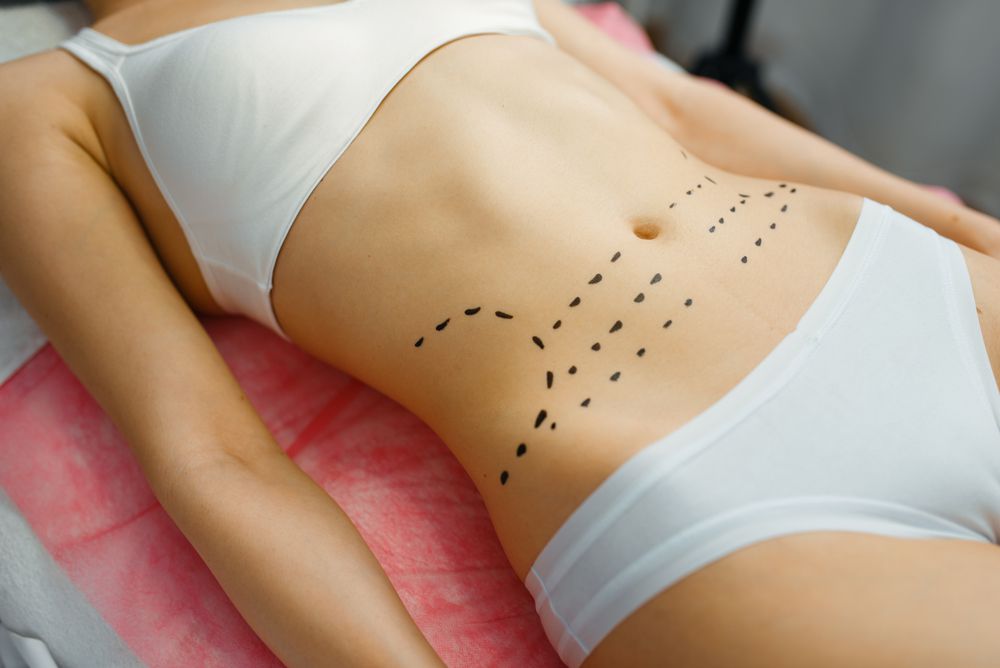Tomás Darío Zapata
Tummy tuck or abdominoplasty
(abdominal surgery)

Abdominal plastic surgery consists on reducing the volume of the abdomen. The aim is not only removing the excess skin and fat. Also it must correct and strengthen muscles.
Tomás Darío Zapata
Procedimiento cirugía abdominal
The procedure is based on repositioning the abdominal muscles, providing strengthening the abdominal wall and improving, too, the functional part. Sometimes, abdominoplasty may be accompanied by liposculpture of the abdominal area.
Aside from having a nicer abdomen, with abdominoplasty maceration and chronic infections in the abdominal fold are avoided and also the appearance of hernias and discharged from excessive weight to the lumbar spine is prevented placating low back pain.
This intervention is always done in the operating room, usually lasts between 2 and 4 hours and general anesthesia is used.
What is a tummy tuck? When is it needed?
Pre-operative period indications
- Preoperative examination will be adapted to the age and illnesses of the patient according to the anesthetist and surgeon. If the illness requires it, we will consult an internist doctor.
- Avoid heavy meals and alcohol three days before the surgery.
- Avoid aspirin and aspirin-containing medications. Ask your surgeon for further information about any medications you usually take.
- Avoid smoking.
Postoperative considerations
- Rest.
- Follow the instructions of your surgeon for the movements in the earlier days.
- Ask your surgeon what kind of painkillers you can take and how often.
- Cures and stitches withdrawal will be made in the doctor office with the surgeon.
- Healthy eating. Avoid tobacco and alcohol.
- Check personal hygiene times and special considerations with the surgeon.
- Check if you can make a treatment of lymphatic drainage of the area to avoid haematoma. They are not always positive, depending on the patient and the evolution of surgery.
- We must bear in mind the different stages of post-operative care of the scar.



